To cope with rising costs, families at all income levels are changing their habits. The majority of families are cutting back on discretionary spending. Nearly half of families at all income levels have compromised their financial health, including taking on more debt, and getting behind on bills. More than a quarter were sacrificing a basic need, such as delaying medical care, keeping their homes at an unsafe temperature, or going hungry.
 Panel during the presentation with CFNOVA, InsideNOVA, and NVFS
Panel during the presentation with CFNOVA, InsideNOVA, and NVFSStories like that of Crissy, a Prince William County resident, were discussed. As she says in the report, “I make enough money to cover rent, and not much else. I can’t remember the last time I bought a full tank of gas. I receive SNAP benefits, but it’s not enough to feed my five children. We’re surviving, but we can’t afford to go to the pool. We can’t go to the movies, and we can’t go on vacation.”
View the presentation slides.
Elizabeth Hughes, the Community Foundation’s Director of Insight Region® said, “This report offers unique insights into how Northern Virginians ’get by’ when their income is not enough to cover the basic cost of housing, food, transportation, and medical care. Weaving together multiple data sources and firsthand accounts, we examine how families across incomes levels cope with income inadequacy and recent inflation by making sacrifices—from small things like reducing streaming services and meals out to the big things like debt, food insecurity, and delayed medical care. This is a report that I hope resonates with everyone in our region.”
DOWNLOAD THE REPORT


 Questions?
Questions? Questions?
Questions?




